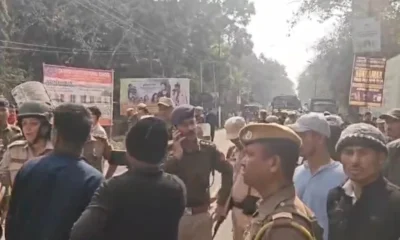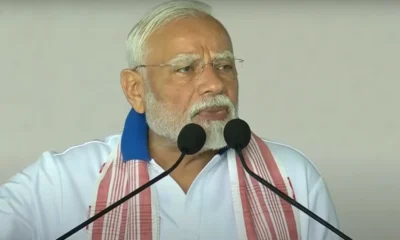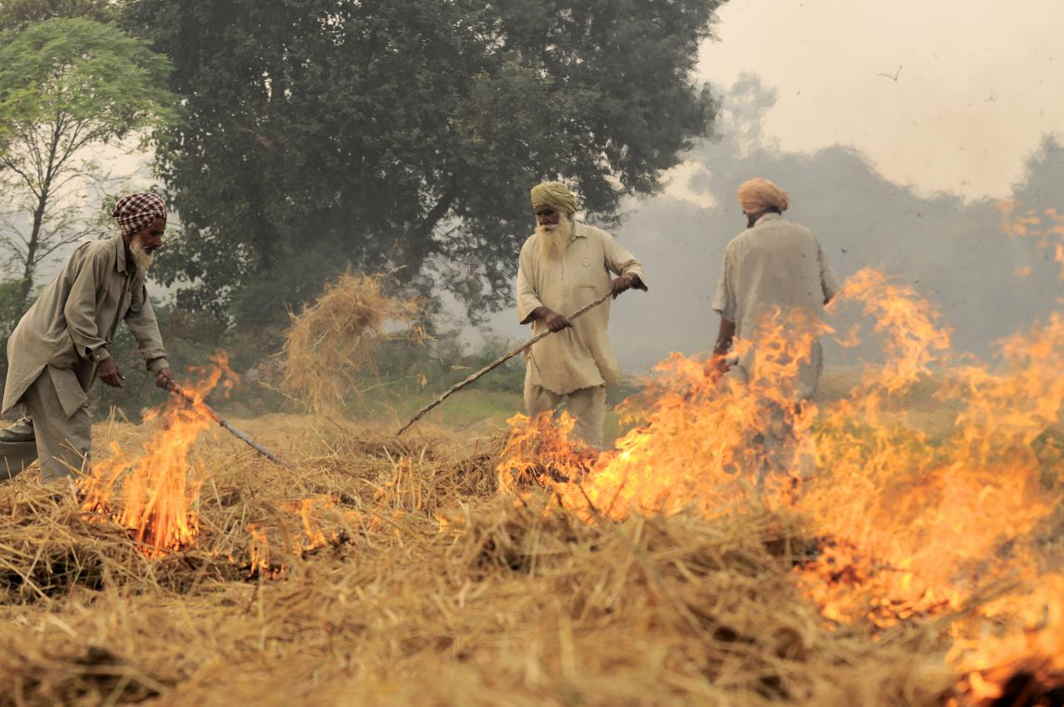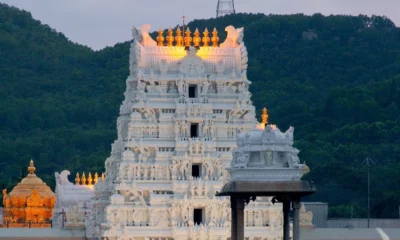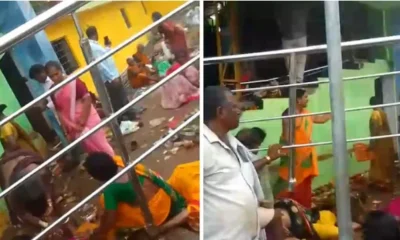India News
Covid-19 vaccine: Two-day dry run in Assam, Punjab, Andhra Pradesh and Gujarat begin today
The dry run will be undertaken as a mock drill, wherein there will be no vaccine involved in the process. The exercise is set to be the largest-ever mass immunisation programme in the history of the country. It will continue for two days, December 28 and December 29 in the chosen districts in each state.

India News
PM Modi accuses Congress of anti-Sikh bias over Rahul Gandhi’s ‘traitor’ remark
Prime Minister Narendra Modi accused Rahul Gandhi of targeting BJP MP Ravneet Singh Bittu with a ‘gaddar’ remark because of his Sikh identity while speaking in the Rajya Sabha.
India News
Manipur Assembly to meet at 4 pm today, floor test likely under new chief minister
The Manipur Legislative Assembly will convene at 4 pm today, with a floor test likely as the new chief minister seeks to prove his majority in the House.
India News
PM Modi skips Lok Sabha reply as protests force repeated adjournments
PM Modi did not deliver his Lok Sabha reply today after sustained Opposition protests led to repeated adjournments over a dispute involving Rahul Gandhi’s proposed speech.
-

 Latest world news10 hours ago
Latest world news10 hours agoPakistan faces domestic backlash after India secures lower tariffs in US trade deal
-

 Latest world news11 hours ago
Latest world news11 hours agoNew Delhi free to buy oil from any source, Russia says amid US deal claims
-

 Cricket news11 hours ago
Cricket news11 hours agoPakistan PM Shehbaz Sharif confirms boycott of India match at T20 World Cup
-

 India News7 hours ago
India News7 hours agoManipur Assembly to meet at 4 pm today, floor test likely under new chief minister
-

 India News2 hours ago
India News2 hours agoPM Modi accuses Congress of anti-Sikh bias over Rahul Gandhi’s ‘traitor’ remark

